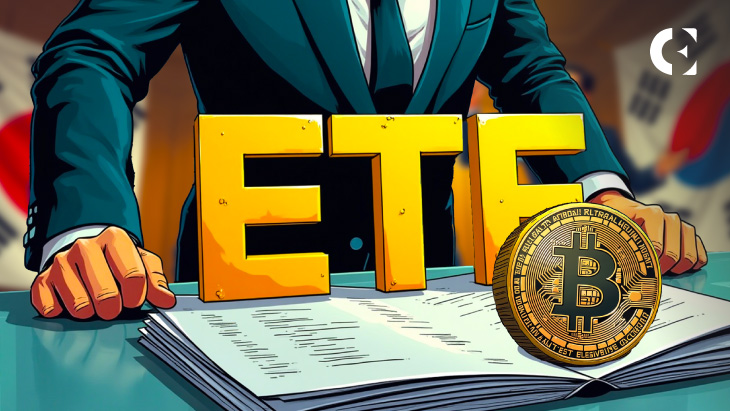- South Korea prohibits the issuance and trading of Bitcoin ETFs and restricts institutional participation in cryptocurrency markets
- 100% of crypto trading volume in the country is driven by retail investors.
- The upcoming presidential election is scheduled for June 3, 2025
All three major South Korean presidential candidates – Kim Moon-soo (People Power Party), Lee Jae-myung (Democratic Party), and Lee Jun-seok (Reform Party) – have publicly expressed support for the approval of Bitcoin spot ETFs and the inclusion of institutional investors in the country’s cryptocurrency market.
This is quite the turn of events considering that presently, South Korea prohibits the issuance and trading of Bitcoin ETFs and restricts institutional participation in cryptocurrency markets. As a result, 100% of crypto trading volume in the country is driven by retail investors.
This strong retail presence has led to a distinctive market phenomenon in the country known as the ‘Kimchi Premium,’ where local Bitcoin prices often exceed global averages by a big margin.
Regulatory Overhaul Looms After June 3 Presidential Election
However, the unified stance among presidential candidates may very well mean a big regulatory shift in South Korea, potentially leading to many new initiatives. For instance, allowing institutional investment could introduce substantial capital into the market, increasing liquidity.
Additionally, introducing Bitcoin ETFs could help align South Korea’s crypto market with global standards, probably even reducing the mentioned Kimchi Premium event.
Whatever the future holds, the upcoming presidential election next month on June 3 has brought cryptocurrency regulation to the forefront of political discourse in the country.
South Korea and Crypto
The Asian country has instituted a lot of rules for crypto in the last several years. For example, since 2021, South Korea has implemented strict real-name account systems for crypto exchanges. Then, a year later, exchanges were required to share personal info on senders and receivers of transactions over $1,000.
There is also a ban on privacy coins, where cryptocurrencies like Monero (XMR) and Zcash (ZEC) were banned from exchanges due to anonymity concerns.
Despite all of the regulations, it’s worth noting that the country also saw multiple developments regarding the crypto industry, with major companies investing in crypto and blockchain initiatives. The Bank of Korea (BoK) has been running Central Bank Digital Currency (CBDC) trials with financial institutions and tech partners like Samsung.
Also, SK Group (a multinational manufacturing and services conglomerate headquartered in Seoul) and LG CNS (tech branch of the country’s fourth-largest conglomerate LG Group) are investing in blockchain logistics, supply chain, and digital identity projects.
That said, there have been some signs of potential changes, and with the upcoming presidential elections, something is bound to happen for the crypto industry in South Korea.
Disclaimer: The information presented in this article is for informational and educational purposes only. The article does not constitute financial advice or advice of any kind. Coin Edition is not responsible for any losses incurred as a result of the utilization of content, products, or services mentioned. Readers are advised to exercise caution before taking any action related to the company.







